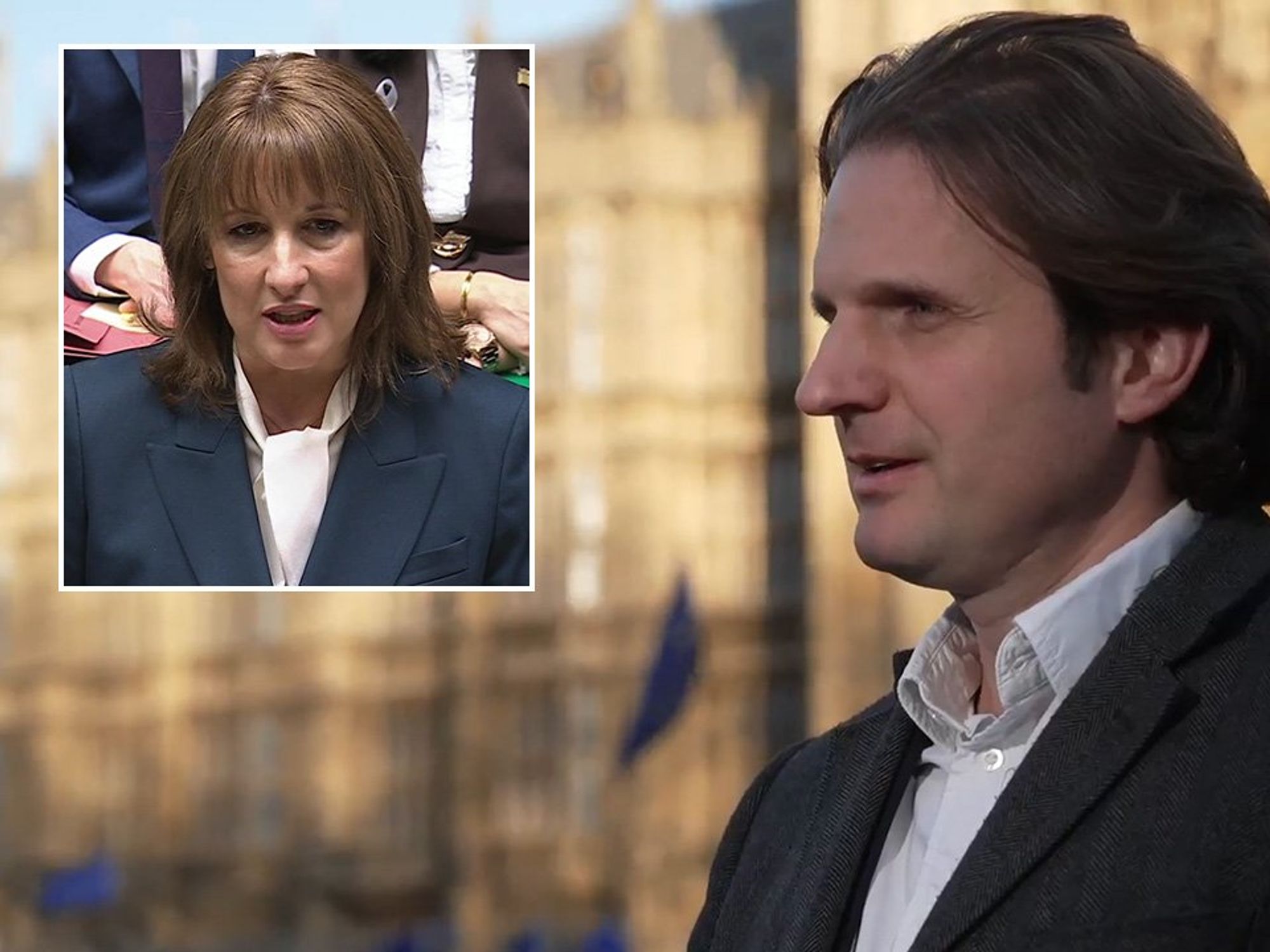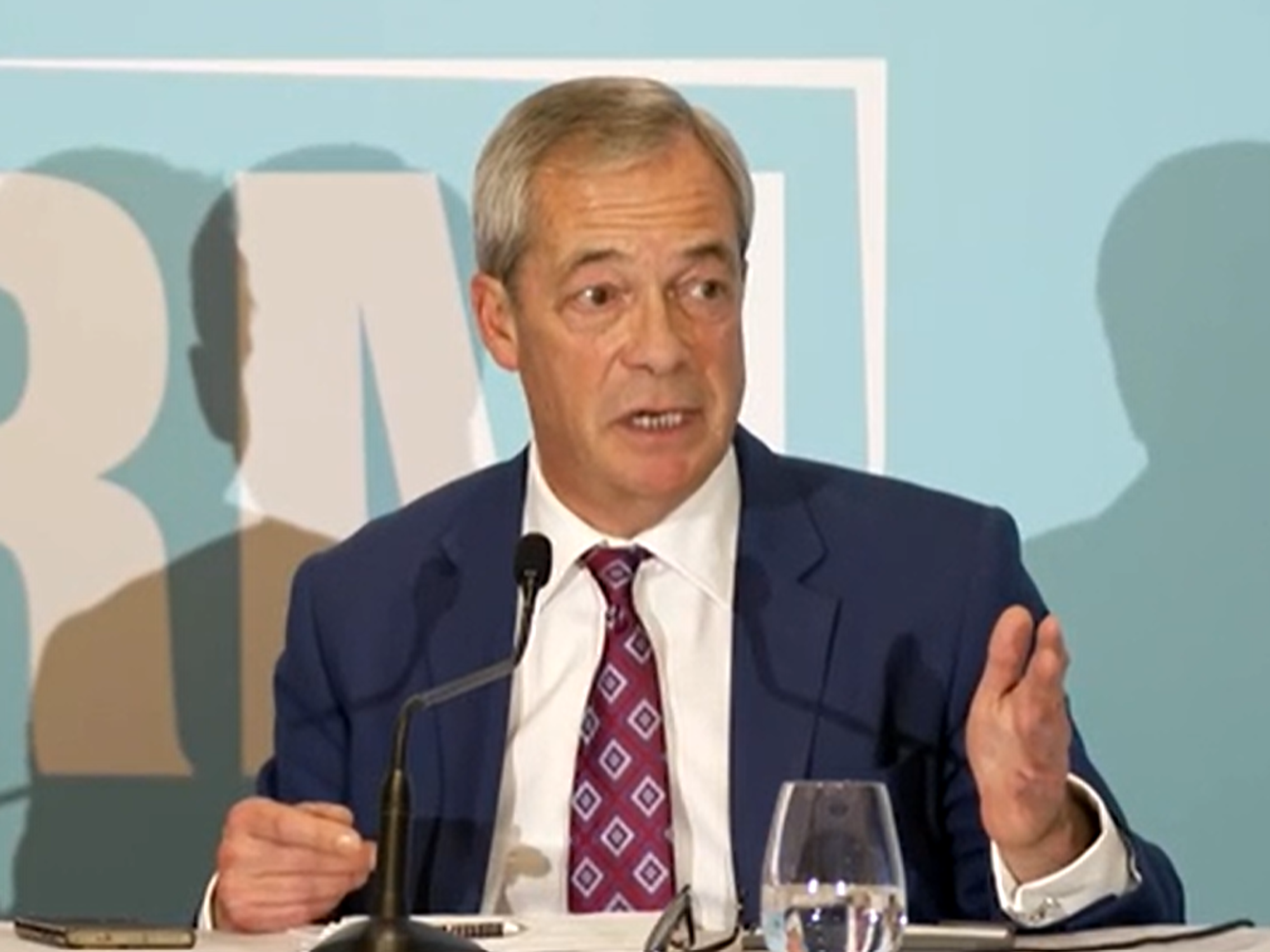Transgender weightlifter mocks women as ruling on ban branded 'facially discriminatory' by court

JayCee Cooper was previously prevented from competing at a 2018 Powerlifting competition
Don't Miss
Most Read
A transgender weightlifter at the center of a long-running legal dispute has celebrated a significant ruling from Minnesota’s Supreme Court, which found that USA Powerlifting acted unlawfully by preventing participation in a women’s competition.
The case, involving athlete JayCee Cooper, marks an important development in the ongoing debate over transgender inclusion in sports.
The court determined that the organisation’s policy barring Cooper from competing in the female division was “facially discriminatory” under the Minnesota Human Rights Act.
The ruling affirmed that businesses and athletic bodies in the state cannot exclude individuals based on gender identity, though it left open the question of whether USA Powerlifting can justify its actions on grounds of maintaining competitive fairness.
TRENDING
Stories
Videos
Your Say
The case now returns to a lower court, which will consider whether the federation’s decision meets the legal standard of a “legitimate business purpose.”
That question hinges on whether ensuring fairness in athletic competition can legally justify exclusion based on gender identity.
As the legal process unfolded, Cooper commented on social media, defending the decision to challenge the policy and addressing critics who opposed the lawsuit.
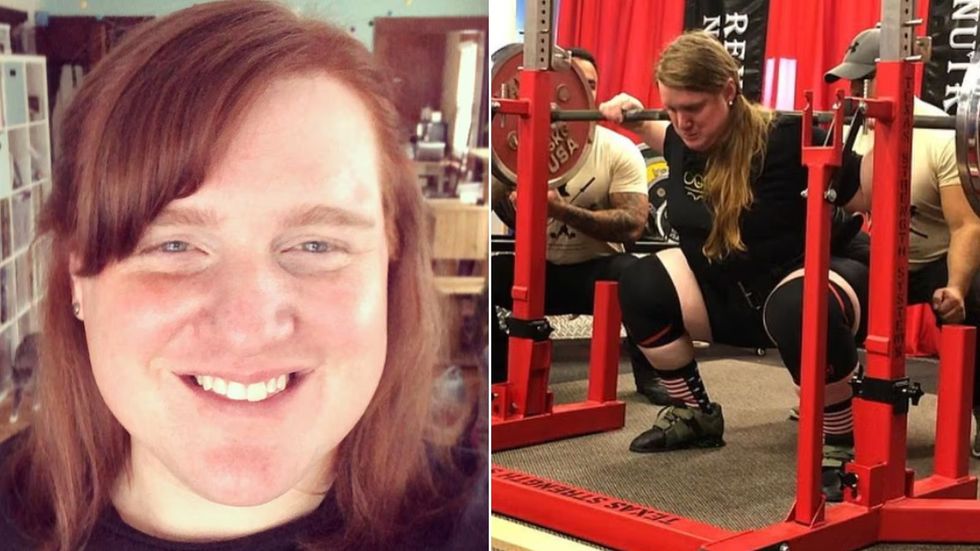
A transgender weightlifter at the center of a long-running legal dispute has celebrated a significant ruling from Minnesota’s Supreme Court, which found that USA Powerlifting acted unlawfully by preventing participation in a women’s competition
|“Complaining is whining about how many sprinkles are on your cupcake,” Cooper wrote, in a dig at women keen to preserve the sport.
“Complaining is not standing up for your rights and speaking out about exclusion and discrimination. Just a thought, love you.”
The ruling prompted sharp reactions online.
LATEST DEVELOPMENTS
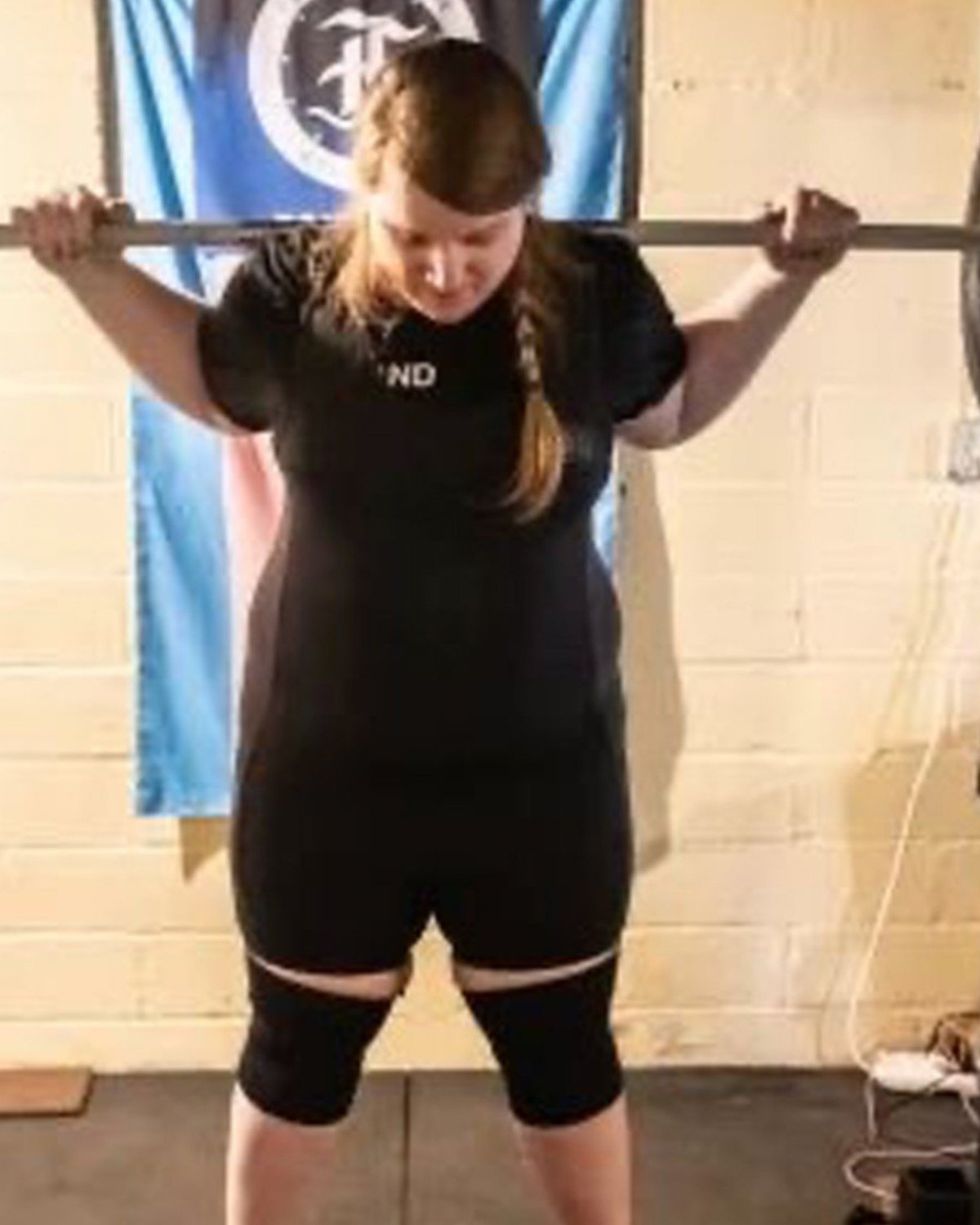
Transgender athlete JayCee Cooper has celebrated the court's decision
|Some critics argued that the decision undermines fairness in women’s sports, while others condemned the backlash as discriminatory.
One post on X described the case as “a mockery of fair play,” while another called the controversy “highly irresponsible.”
Cooper’s legal team, represented by advocacy group Gender Justice, hailed the ruling as a major step for civil rights protections in Minnesota.
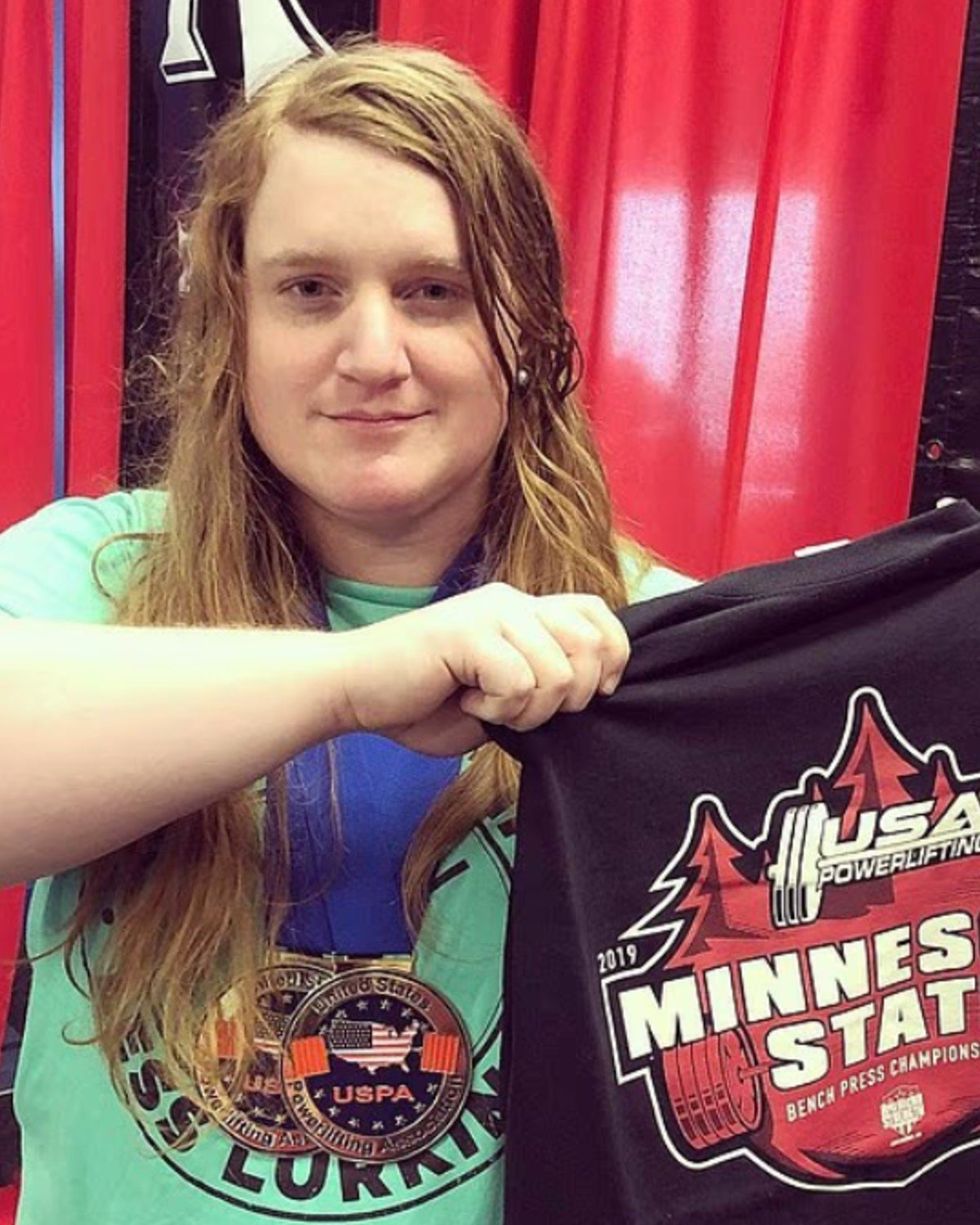
JayCee Cooper's argument has riled some critics
|“This decision confirms that the Minnesota Human Rights Act prohibits discrimination based on gender identity,” said Gender Justice legal director Jess Braverman. “That finding stands as a victory for equality and inclusion.”
However, USA Powerlifting maintains that its policy is based on legitimate competitive concerns.
Attorney Ansis Viksnins, representing the organisation, described the decision as “a mixed outcome” and emphasised that the next phase of the case will allow a jury to evaluate the fairness issue directly.
“Our position is that excluding a transgender woman from the women’s division was done for legitimate reasons related to maintaining fairness in the sport,” Viksnins told the Associated Press.
He added that both sides had reason to view the ruling as a partial win.
The participation of transgender athletes in competitive sports continues to divide opinion across the United States.
According to data from the Movement Advancement Project, 29 states have passed measures restricting transgender women and girls from competing in certain female categories, though several of those laws remain blocked by ongoing litigation.
In a related development, federal authorities recently concluded that Minnesota’s high school athletics association violated anti-discrimination law by allowing transgender athletes to compete in girls’ sports.
The Minnesota Human Rights Act provides extensive protection against discrimination, including on the basis of gender identity. The law was updated in 2023 to reaffirm those safeguards amid continued national debate over the boundaries between inclusion and competitive integrity.






